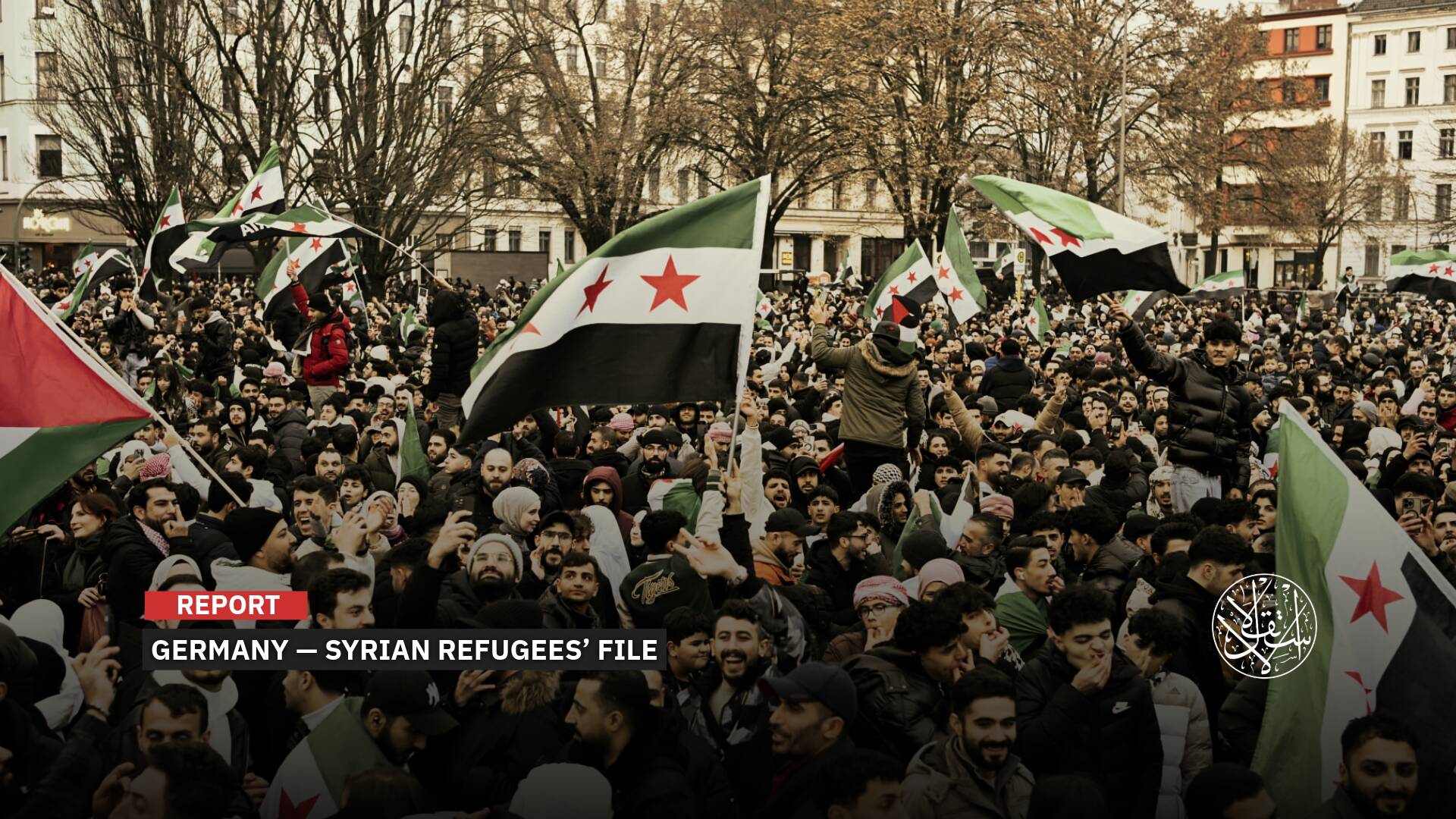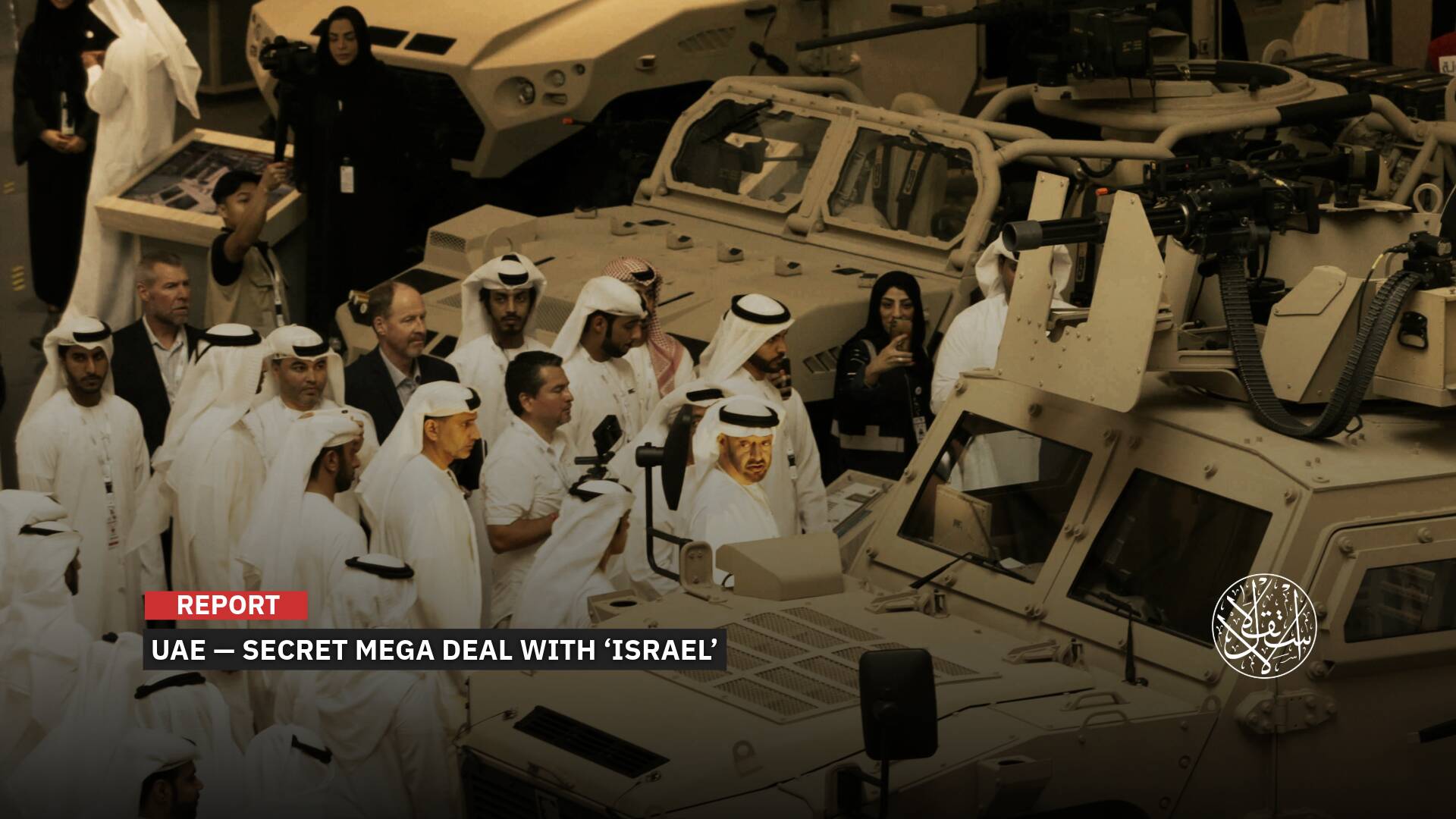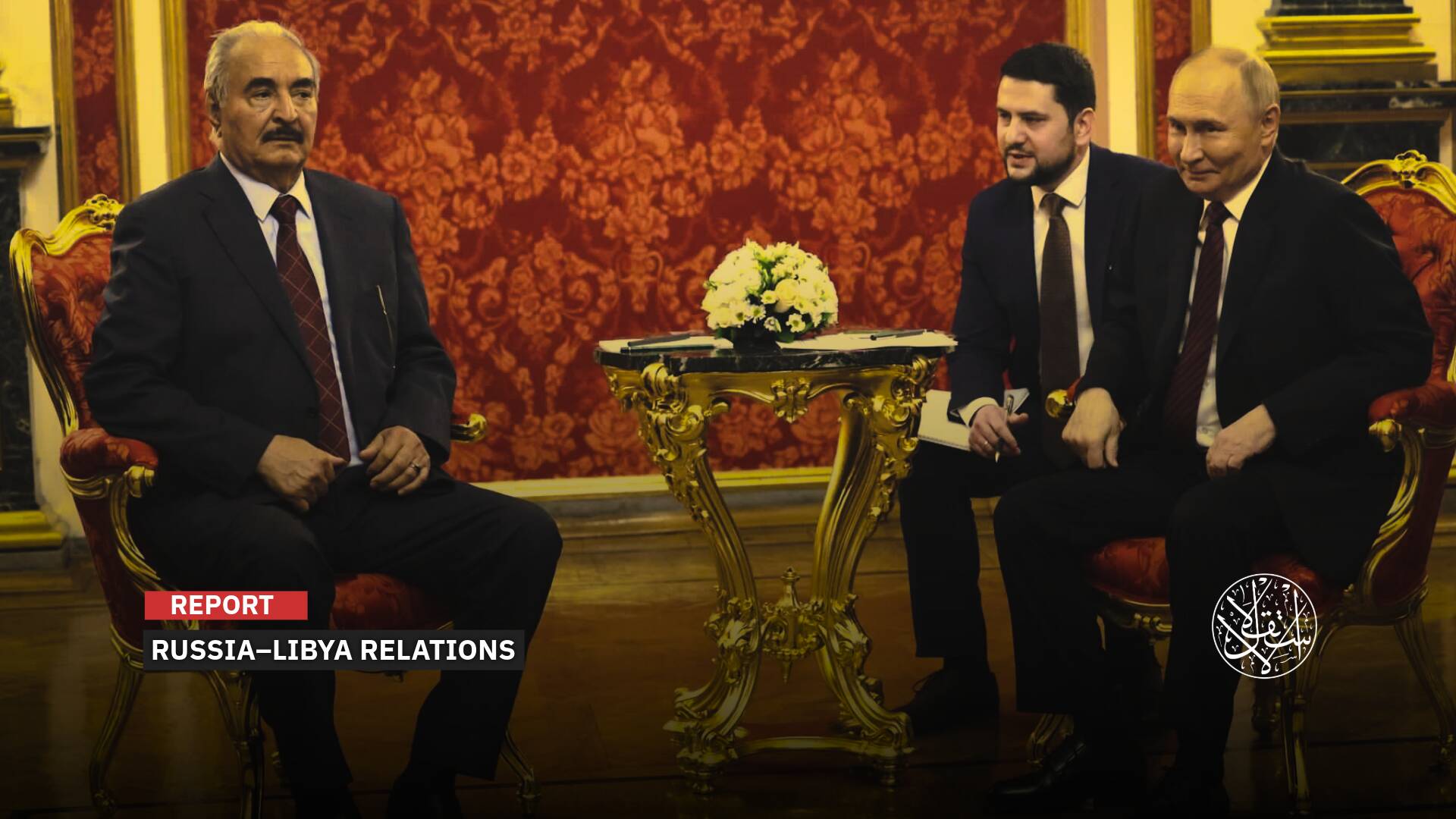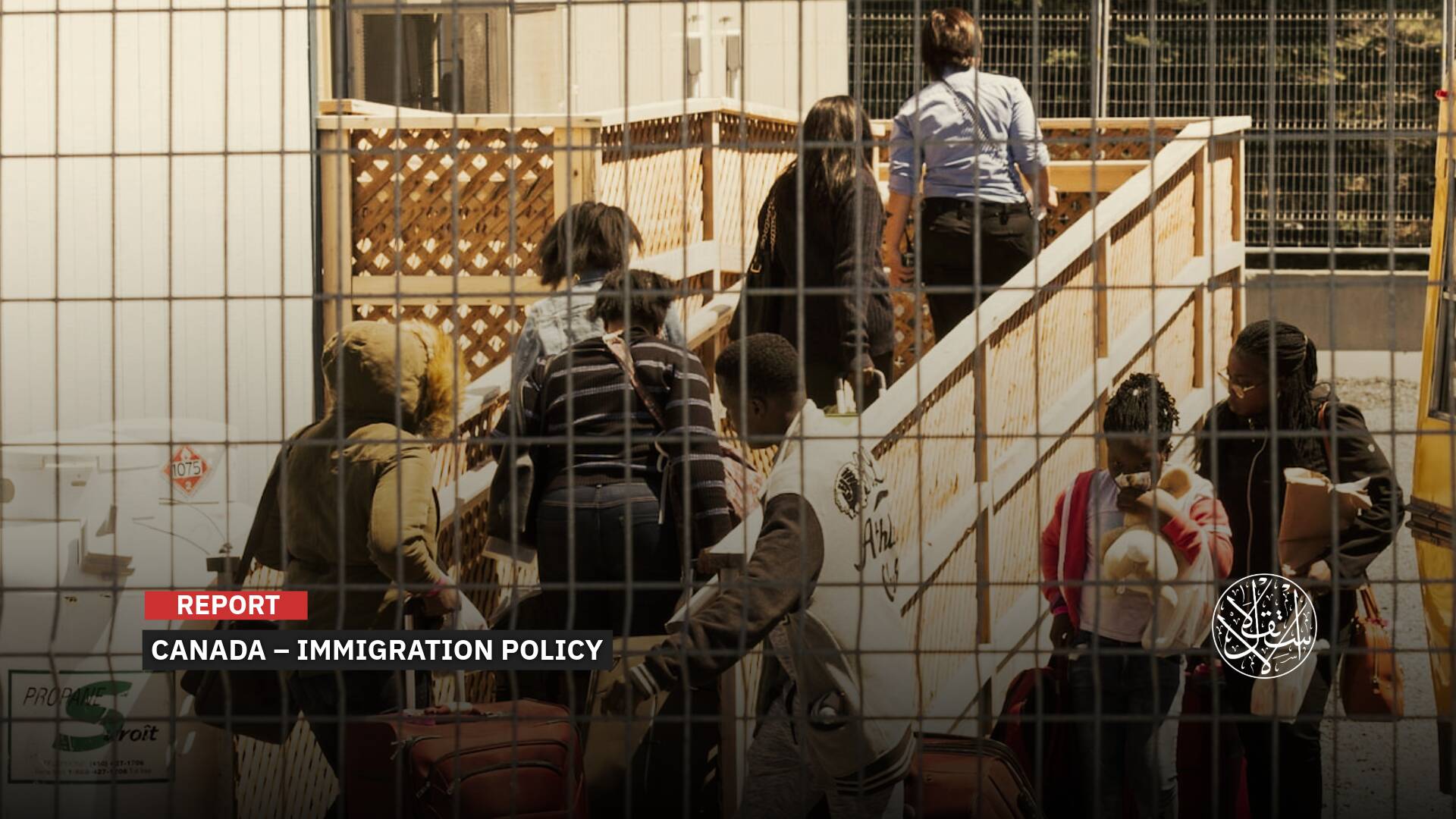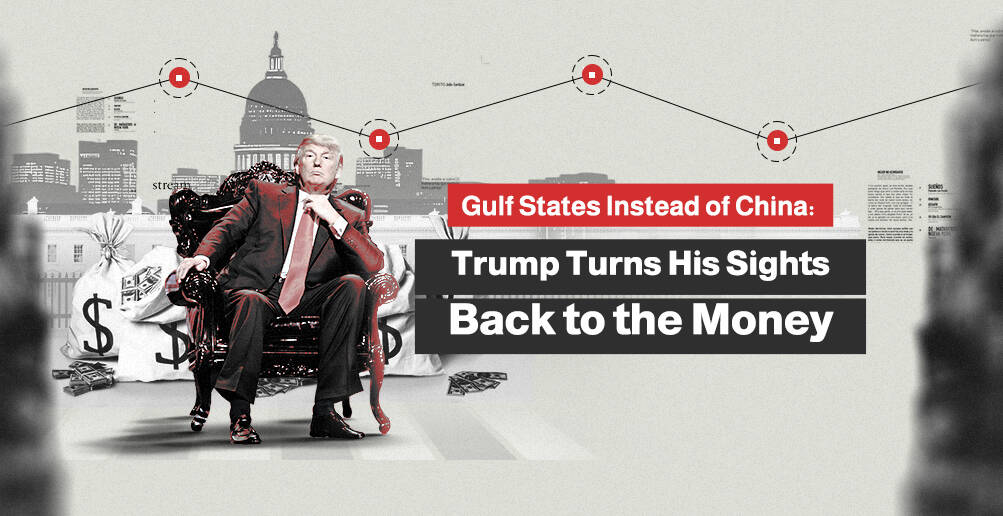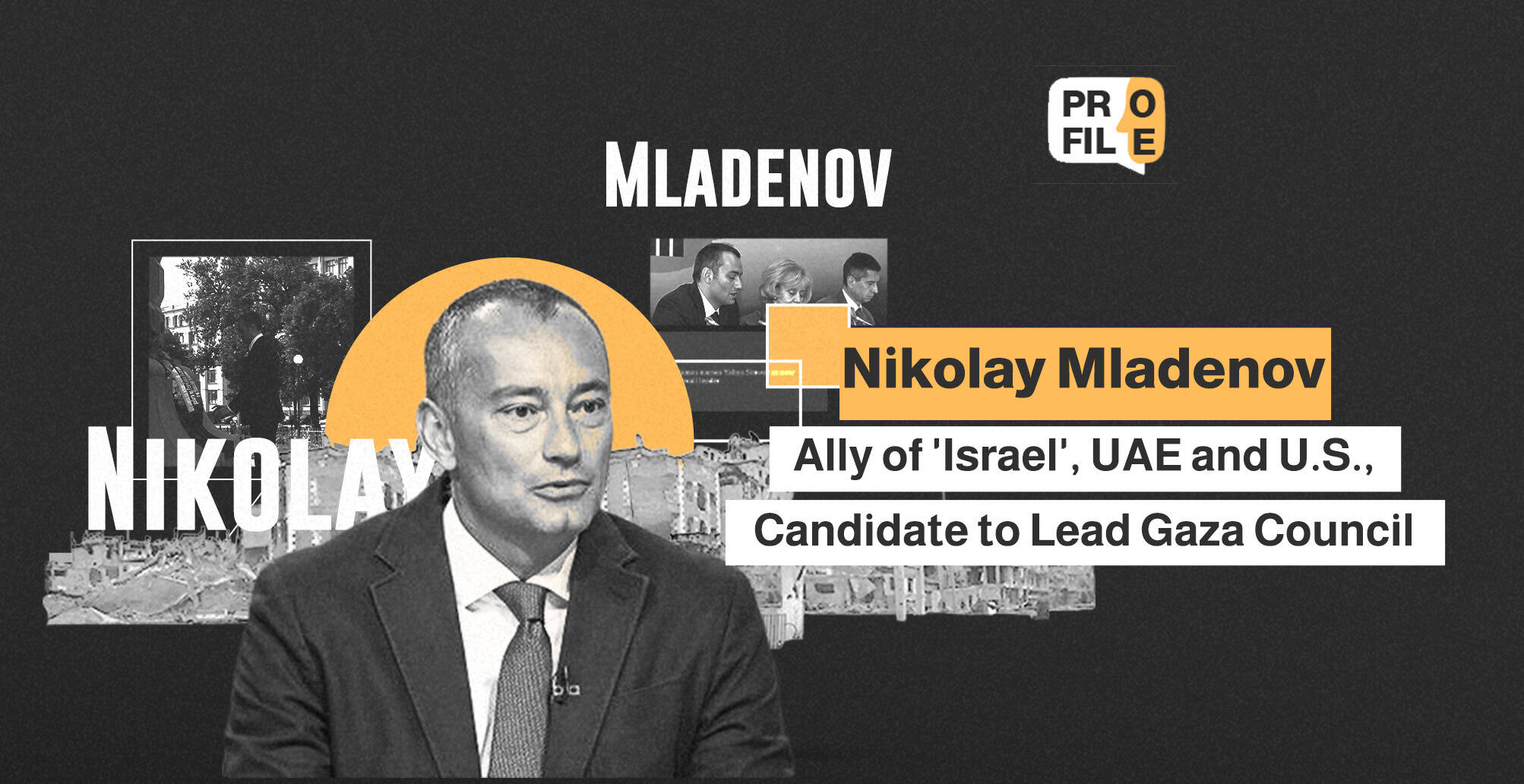Historic Shift in Morocco-Spain Relations: What Are the New Collaboration Prospects?

Morocco and Spain announced the resumption of relationships, ending the year-long diplomatic crisis. The new phase started when Madrid pledged to support Morocco's autonomy plan for the Sahara region.
Moroccan King Mohammed VI and Spanish Prime Minister Pedro Sanchez concluded a meeting in Rabat on April 7, 2022. The two sides "expressed their readiness to start a new phase based on respect, mutual trust, permanent consultation and frank and sincere cooperation," according to a statement issued by the royal palace. The Spanish prime minister described the moment as "historic."
The file of migration was the focus of talks between the Spanish Prime Minister and Morocco’s king. Along with many files, most notably the demarcation of maritime borders, strengthening trade exchanges, as well as consolidating Security policies and combating terrorism.

Balanced Position
Mohamed Benaissa, head of the Northern Observatory for Human Rights, believes that the Kingdom of Morocco has redrawn relations with the Spanish neighbor at all levels, to serve its strategic interests.
The human rights activist explained to the Moroccan local newspaper Hespress that Rabat has succeeded in its humanitarian and human rights approach to the file of irregular migration, until it has become a model in the African continent.
He stressed that Morocco will deal with migration according to a realistic vision that combines respect for the agreements signed with its northern neighbor while refusing to play the role of the gendarmes of Europe. Morocco’s engagement will depend on Madrid's actual commitment to support the Sahara autonomy scheme.
Sanchez said the two sides agreed on a clear roadmap that will allow the management of matters of concern in a coordinated manner, in a normal spirit and good-neighborliness, without room for unilateral actions.
The roadmap for improving relations between the two countries includes the full resumption of the normal movement of people and goods in an orderly manner, including appropriate arrangements for customs control and people at the land and sea levels. Moreover, it emphasized the re-establishment of maritime connectivity for travelers between the two countries, immediately and gradually, until all flights are open.
Diplomatic Gains
The Spanish minister reiterated the position he expressed in March 2022, describing Morocco's proposal to grant autonomy to Western Sahara as "the most serious, realistic and credible basis" for resolving the issue.
Ahmed Dardari, head of the International Center for Crisis Monitoring and Policy Foresight, said that the change in Madrid’s position concretely confirms that Morocco’s autonomy initiative for Sahara has become “a binding international decision.”

In April 2021, Spain hosted Morocco’s first enemy, the leader of the separatist Polisario group, with fake identity. This event triggered the political crisis between the two countries and plunged Spain into an economic crisis that affected trade, contracting and customs income resulting from the blockage of the Moroccan-European borders, and caused the shrinkage of life in the Spanish enclaves.
Dardari stressed that Morocco managed the issue of territorial integrity wisely and took note of all the files and political equations related to the artificial dispute over the issue of the Moroccan Sahara. It was accompanied by a distinction between the decision of the states involved in the conflict and the positions of the states behind it or those that wish to fuel the conflict to their benefits.
The diplomatic breakthrough in Moroccan-Spanish relations comes as a complement to the victories achieved by the Moroccan Foreign Ministry, earning international support for Morocco’s cause.
Sectoral cooperation will be "reactivated in all areas," including the economy, trade and energy between Morocco and Spain. In addition to activating a joint group concerned with the issue of defining territorial waters on the Atlantic front, in which Morocco and the Spanish Canary Islands are adjacent. The two neighbors have strong commercial relations, as Spain is Morocco's first trading partner.
Broad Impact
In an interview with Al-Estiklal, Mostapha Khattabi expert on politics said: “The Moroccan-Spanish rapprochement will have many positive repercussions on the economies of the two countries on the one hand, as well as social benefits from another hand.
He pointed out that: “Moroccan immigrants residing in Spain were suffering in particular from the political tension that affected their lives. The fueling of hostility in the hearts of Spaniards against Moroccans by the media has led to the emergence of aggressive practices towards Moroccans that were not prevailing before the beginning of the political crisis.”
The political expert emphasized that: “The latest opinion poll confirmed that the Spaniards consider Morocco the second largest external threat to their country. This tendency might change after the current resumption of relations.”
However, it is worth emphasizing that Algeria will not easily accept Spain's siding with Morocco and its recognition of its sovereign unity on its lands, and will use all means of pressure to make Spain reverse its position. On top of these means the Algerian gas.”
Mr. Khattabi stated that: “Nevertheless, with the increasing international support for the proposal of autonomy under Morocco's sovereignty in the Sahara, Algeria may acquiesce in the long run to the fait accompli, and we hope that it will respond to Moroccan repeated calls to discuss various prospects for cooperation. Which would bring great benefit to the two countries and the Maghreb region as a whole.”
This sudden move by Spain caused real shock and anger in Algeria, the staunch supporter of the Polisario Front. Algeria withdrew its ambassador to Spain in protest against the new Spanish position. It also described the new Spanish position as a sudden coup.

The BBC reported that since the beginning of the crisis in Ukraine, gas and oil prices have exploded. Algeria has decided to maintain the contractual prices that are relatively appropriate with all its customers, but it does not rule out conducting an audit of prices now with the Spanish customer."
The BBC add that Europe also depends on Algeria in other important areas, including cooperation in the fight against terrorism in the Sahel region, and the new Spanish position may seriously disrupt such cooperation.
Sources
- Morocco, Spain patch up diplomatic feud after Spanish shift on Western Sahara
- Spain’s Sanchez visits Morocco, marking ‘new phase’ after Western Sahara reversal
- Morocco and Spain: Improving relations between the two countries is not without a price [Arabic]
- The resumption of Moroccan-Spanish relations brings to the fore the 'controversial points' [Arabic]


